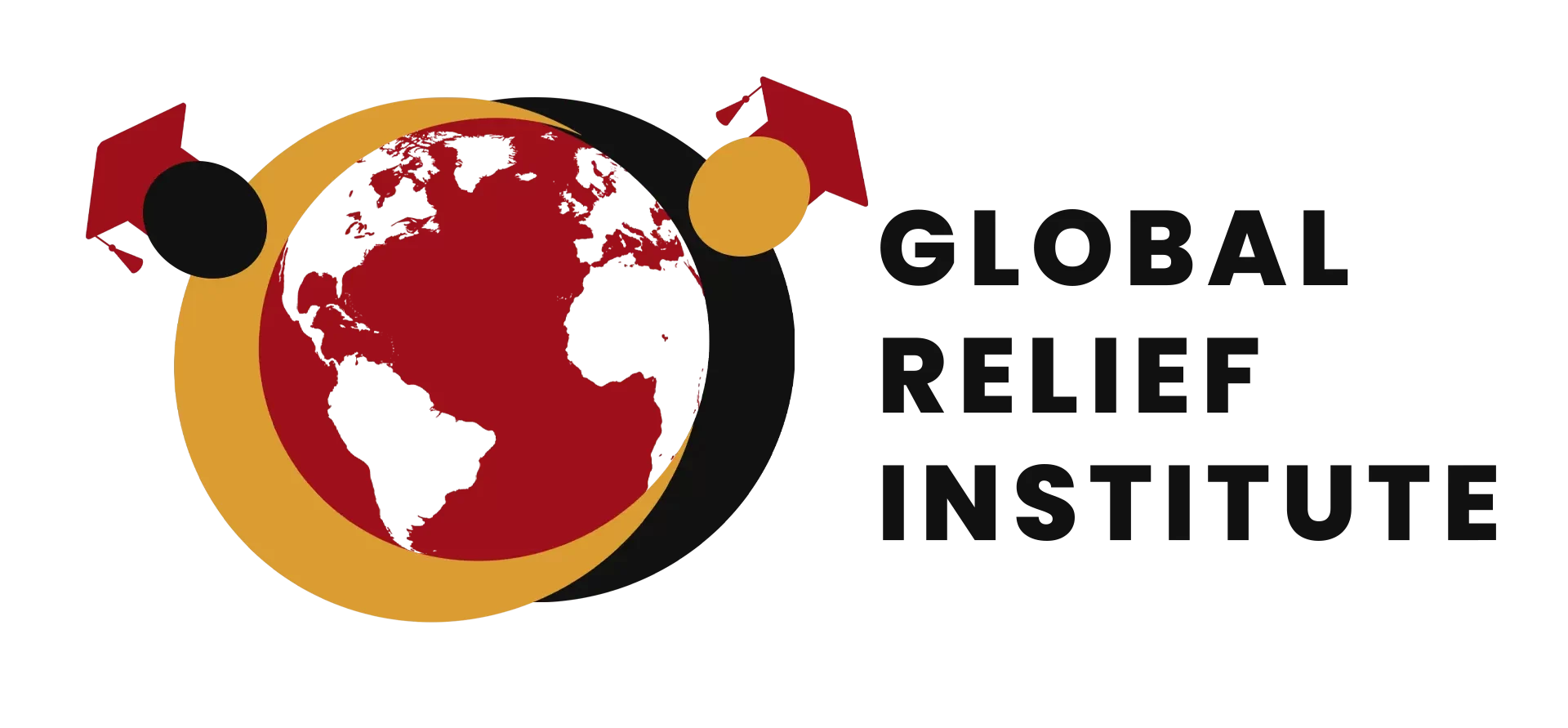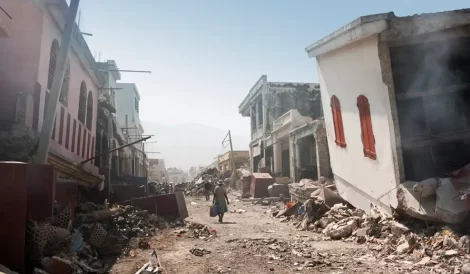Course Overview
Food security is the ready availability of nutritionally adequate and safe foods. Assured ability to acquire acceptable foods in socially acceptable ways that is, without resorting to emergency food supplies, scavenging, stealing, or other coping strategies
Generally, the course issues around food security, climate change, global warming, scarcity of land for farming, technological barriers, inadequate supply of water for irrigation, and poverty.
Course Content
- Overview Of Human Nutrition
- Introduction
- The Science of Nutrition
- Planning a Healthy Diet
- Carbohydrates
- Lipids
- Protein
- Vitamins
- Digestion
- Introduction To Emergencies Nutrition
- Introduction
- Definitions of Concepts
- Agencies Involved In Emergency Response
- Types of Emergencies
- Nutrition & Health Issues in Emergency Situations
- Assessment of Nutrition Status
- Assessment of Health Status in Emergencies
- Assessment of Food Security in Emergencies
- Human Rights Based Approaches
- Nutrition Interventions in Emergencies
- Health Interventions in Emergencies
- Nutrition And Food Security
- Introduction and Definition of Terms
- Vulnerability to Food and Nutritional Insecurity
- Dimensions of Food Security
- Factors Associated with Food and Nutrition Security (1)
- Factors Associated with Food and Nutrition Security (2)
- Food Security Monitoring Systems
- Outcomes of Food and Nutrition Insecurity and Coping Strategies
- Agricultural Approaches for Creating Food Security
- Intervention during Chronic Food Insecurity
- Food Policies and Food Balance Sheets
Exercises:
After reading course materials, students are expected to complete some relevant exercises and tasks to test their own learning.
Assignments
Students will be required to submit three assignments to demonstrate their understanding of the course content.
DURATION: 3 Months
REGIONS TARGETED: Global
COURSE FEE: €500
ORGANIZERS: GRI
LANGUAGE: English and French
FORMAT: Online Learning
GENERAL COURSE CONTACT:



